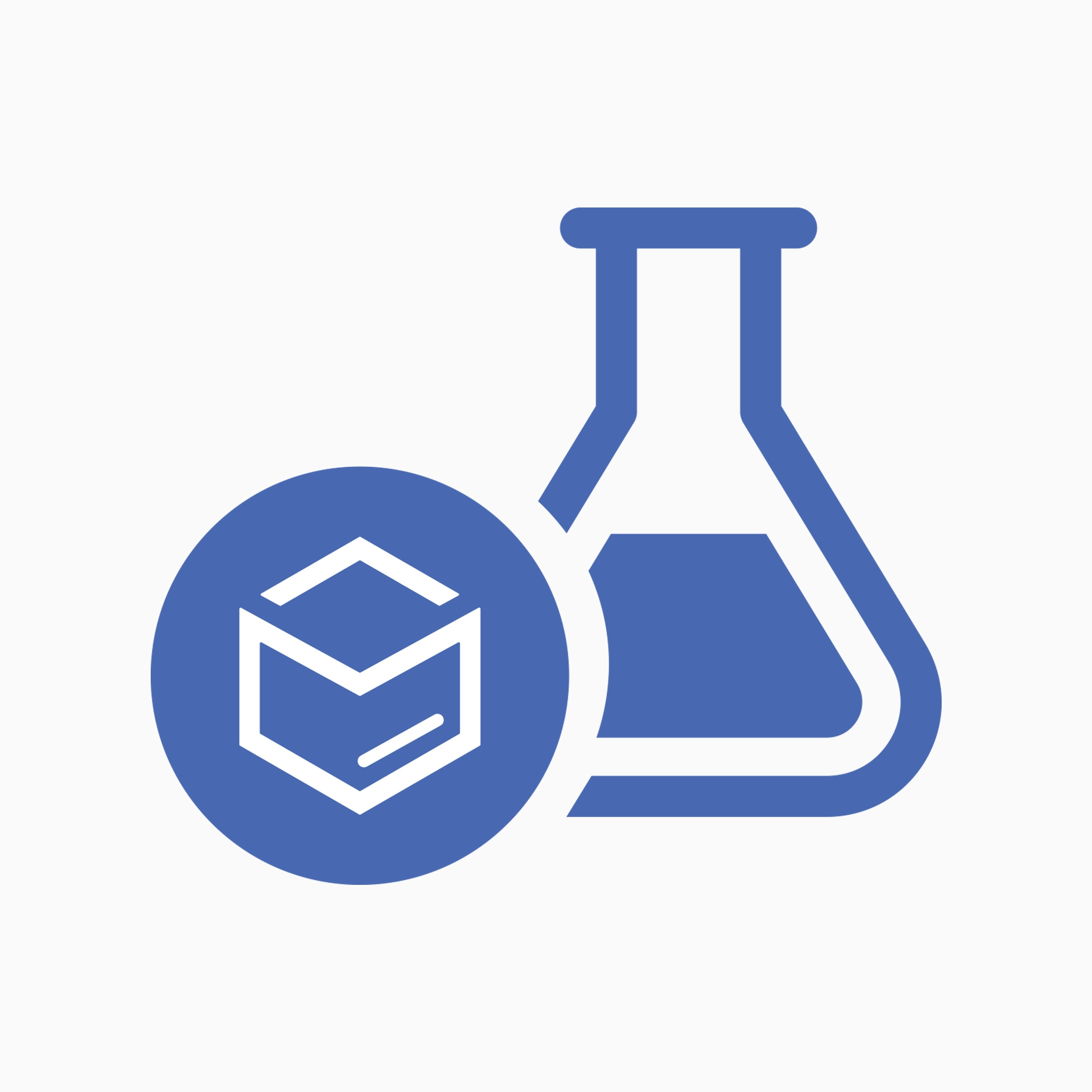
Comprehensive Metabolic Panel (CMP)
Diagnostic Blood Test:
Comprehensive Metabolic Panel (CMP), includes:
- Glucose
- Blood Urea Nitrogen (BUN)
- Creatinine
- eGFR
- BUN/Creatinine Ratio
- Sodium
- Potassium
- Chloride
- Carbon Dioxide, total
- Calcium
- Protein, total
- Albumin
- Globulin, total
- Albumin/Globulin (A/G) Ratio
- Alkaline Phosphatase (ALP)
- AST
- ALT
Glucose is the sugar in the blood that the body metabolizes for energy. Hypoglycemia (low blood sugar levels) may be caused by certain medical conditions or by hormone imbalances and can lead to dizziness, shakiness, and anxiety. Hyperglycemia (high blood sugar levels) can be a sign of diabetes, stress, infections, or illness, and may lead to thirst, blurry vision, tiredness, and headaches.
Aspartate aminotransferase (AST) is an enzyme created mainly by the liver and the heart. High levels can indicate damage to the liver caused by alcohol, drugs, or hepatitis. They can also signal heart conditions or pancreas problems.
Alanine aminotransferase (ALT) is an enzyme mainly produced by the liver. It serves as a good indicator of liver damage caused by alcohol, drugs, or hepatitis. Checking levels of liver enzymes can help diagnose liver problems that are causing nausea, abdominal pain, fatigue, itchy skin, or loss of appetite.
Albumin is a protein produced by the liver that helps keep fluid in the bloodstream and carries vitamins, hormones, and enzymes to the body’s tissues. Low albumin levels may be a sign of liver disease, kidney disease, thyroid conditions, infection, or inflammatory bowel disease, while high levels may indicate dehydration.
Globulin proteins in the blood help the blood clot properly, fight off infections, and support liver and kidney health. Abnormal globulin levels can be a sign of liver disease, kidney disease, autoimmune disorders, infections, cancer, or inflammation.
The blood urea nitrogen (BUN) test can help identify kidney issues. Urea nitrogen is a waste product that is typically filtered out by the kidneys. However, when the kidneys aren’t healthy, they may not remove all of this molecule, leading to higher levels in the blood.
The Creatinine with eGFR test provides information about kidney health. As the muscles produce energy, they release creatinine, which is filtered out by healthy kidneys. If the kidneys aren’t functioning properly, creatinine may build up in the blood. Creatinine levels are used to calculate the estimated glomerular filtration rate (eGFR), which describes how well the kidneys are able to filter waste.
Sodium is an electrolyte that helps control fluid levels and balance pH levels throughout the body. It’s also essential for the proper function of muscles and nerves. Atypical sodium levels may signal a variety of different health conditions, including kidney disease, diabetes, liver disease, thyroid conditions, or heart failure.
Potassium is an electrolyte that helps carry nutrients into cells, remove waste from cells, maintain proper fluid levels in tissues, and help muscles and nerves work correctly. Changes in potassium levels may be a sign of kidney disease, diabetes, nutritional deficiencies, or other medical conditions.
Chloride is a molecule that helps balance water levels in the body, maintain pH levels within different tissues, and control nerves and muscles. Abnormal levels of this electrolyte may be caused by problems with the kidneys, liver, heart, lungs, or adrenal glands.
Carbon dioxide, total measures the total amount of CO2 in the body, including bicarbonate, an electrolyte form of CO2. CO2 is a waste product that is typically exhaled out of the body, so optimal CO2 levels are a sign that the lungs are healthy. Abnormal CO2 levels may also be a sign of hormone imbalances, kidney problems, or conditions that affect the adrenal glands.
Calcium is a mineral important for many aspects of health and supports the function of the muscles, nerves, heart, and blood. Many different medical conditions can alter calcium levels, including bone disease, lung conditions, thyroid conditions, kidney disease, pancreatitis, or nutritional deficiencies.
Protein, Total measures levels of globulins and albumin, the two most common blood proteins. Low levels of proteins in the blood may be a sign of liver or kidney conditions.
Bilirubin is a protein that is created when red blood cells break down. It is normally filtered out by the liver. Elevated bilirubin levels may be a sign of various health conditions, such as liver damage, liver disease, or anemia.Alkaline phosphatase (ALP) is an enzyme located primarily in the liver and bones. High levels can indicate liver disease or bone growth, while low levels may signal a zinc deficiency.
Pairs well with

Comprehensive Metabolic Panel (CMP)
If you have any questions, you are always welcome to contact us. We'll get back to you as soon as possible, within 24 hours on weekdays.
-
Shipping Information
Use this text to answer questions in as much detail as possible for your customers.
-
Customer Support
Use this text to answer questions in as much detail as possible for your customers.
-
FAQ’s
Use this text to answer questions in as much detail as possible for your customers.
-
Contact Us
Use this text to answer questions in as much detail as possible for your customers.
How it works
Purchase your tests
Purchase this test and any other tests you'd like online. A healthcare provider will review and approve your test requests; no healthcare provider visit is required.
Provide your sample
Visit a Quest location near you to provide your sample. Use the Quest locator below to find a location near you.
Get your results
Our partnered facilities will process your bloodwork. Lab Results typically arrive within 14 business days, and we will email them to you as soon as they arrive.
Lab work FAQs
Please read our FAQs page to find out more.
How quickly will my lab results arrive?
Your lab results will typically arrive within two weeks, though processing time may vary based on the size and complexity of your panel. Rest assured, once your results are ready, they will be securely delivered to your email. No waiting rooms. No chasing paperwork. Just precision diagnostics at your fingertips.
Does Marek Diagnostics accept insurance?
Marek Diagnostics is a cash-pay service. Our platform offers direct access to comprehensive testing without the limitations, denials, or delays imposed by insurance companies. If traditional insurance covered the kind of proactive, high-quality lab work we offer, Marek Diagnostics wouldn’t need to exist.
However, many clients successfully use their HSA/FSA to cover their testing costs. Marek Diagnostics is partnered with TrueMed for convenient deployment of HSA/FSA funds at checkout.
Why can’t I order labs in New York, New Jersey, or Rhode Island?
Due to state regulations, Quest services are not available to residents of NY, NJ, or RI when ordered through our platform. If your address is in one of these states, you'll be notified at checkout and won’t be able to complete your order for restricted items.
You can still purchase:
- Supplements, apparel, and other non-lab items
Not sure which items are restricted? The checkout system will alert you automatically, or you can contact our team for assistance.
My panel Meets Treatment Requirements — what does that mean?
Marek Diagnostics is an extension of Marek Health, the leading health optimization platform designed to turn your results into informed action.
If your panel Meets Treatment Requirements, you’re eligible to enroll into Guided Optimization, an exclusive program that connects you with:
- Detailed, expert led lab analysis
- A consultation with a Marek Health coach and board-certified medical provider
- A precision health optimization plan
- Access to high-quality treatment options
If you’re unsure what to do with your results, Marek Health is the bridge between lab results and achieving your goals.
Do I need to pay a separate fee at the lab to get my blood drawn?
No additional payment is required at the lab. Our expert-built panels include the venipuncture and if you’re building a custom panel or testing biomarkers individually, a $10 venipuncture fee will be automatically added at checkout.




